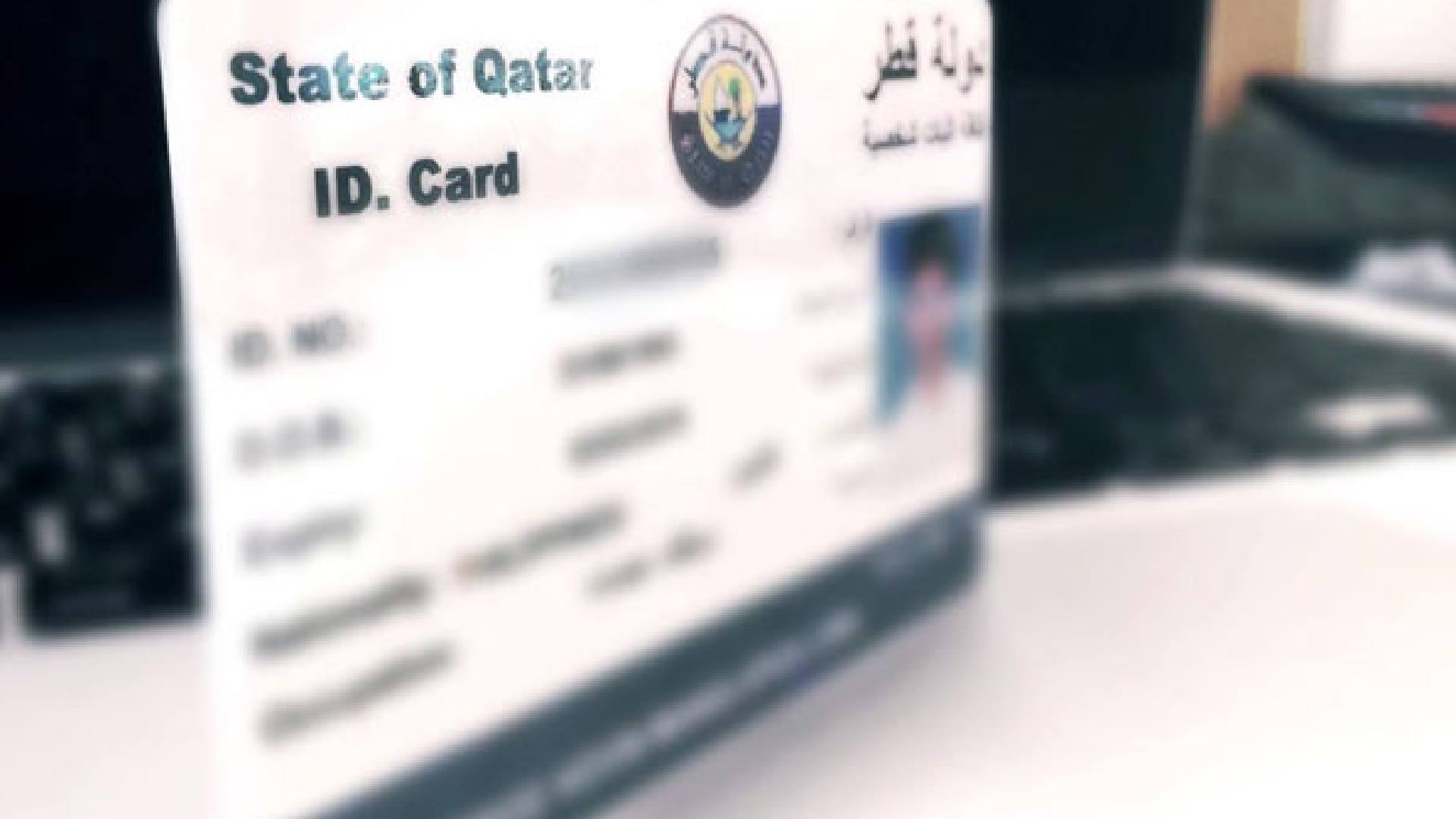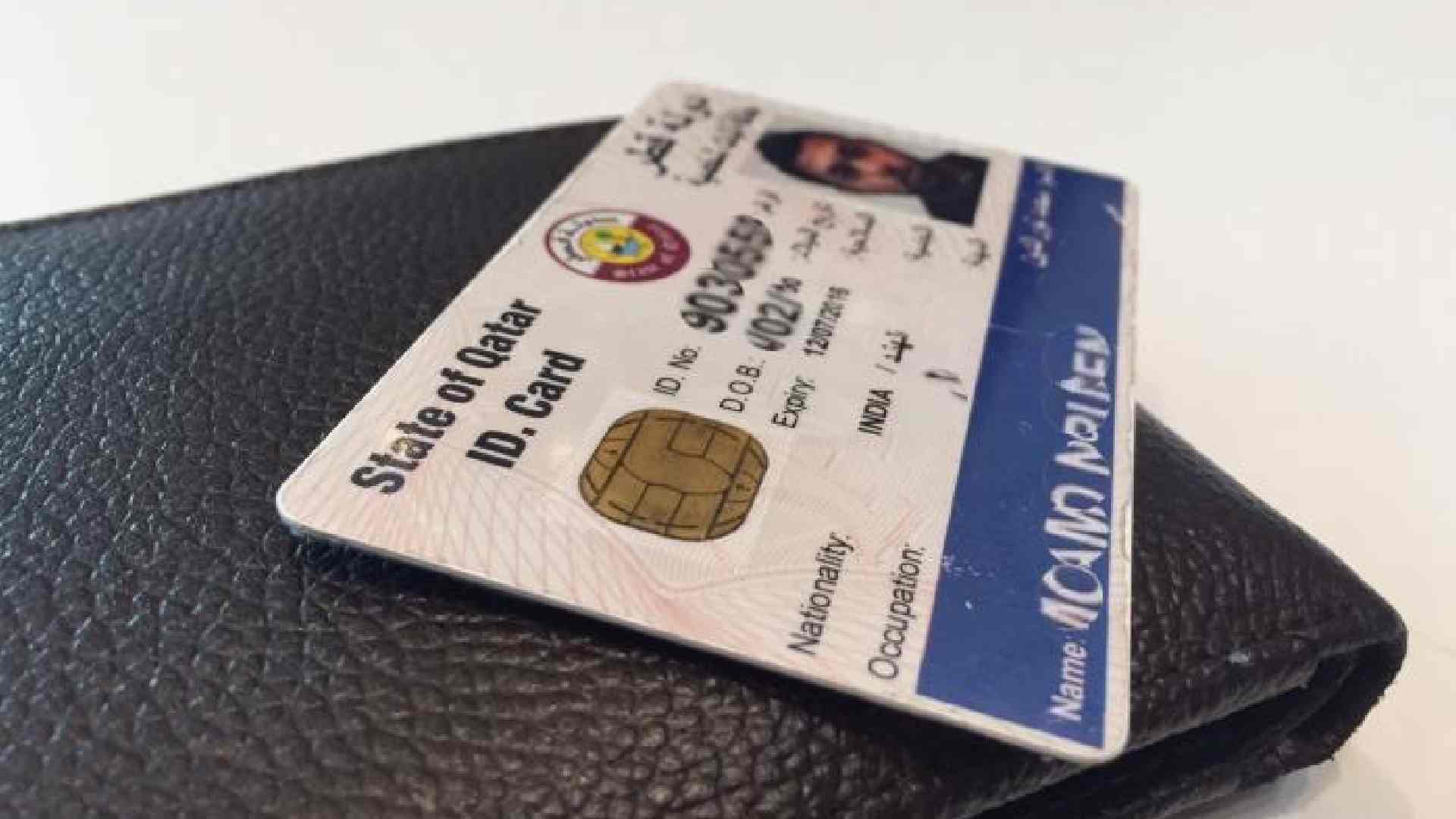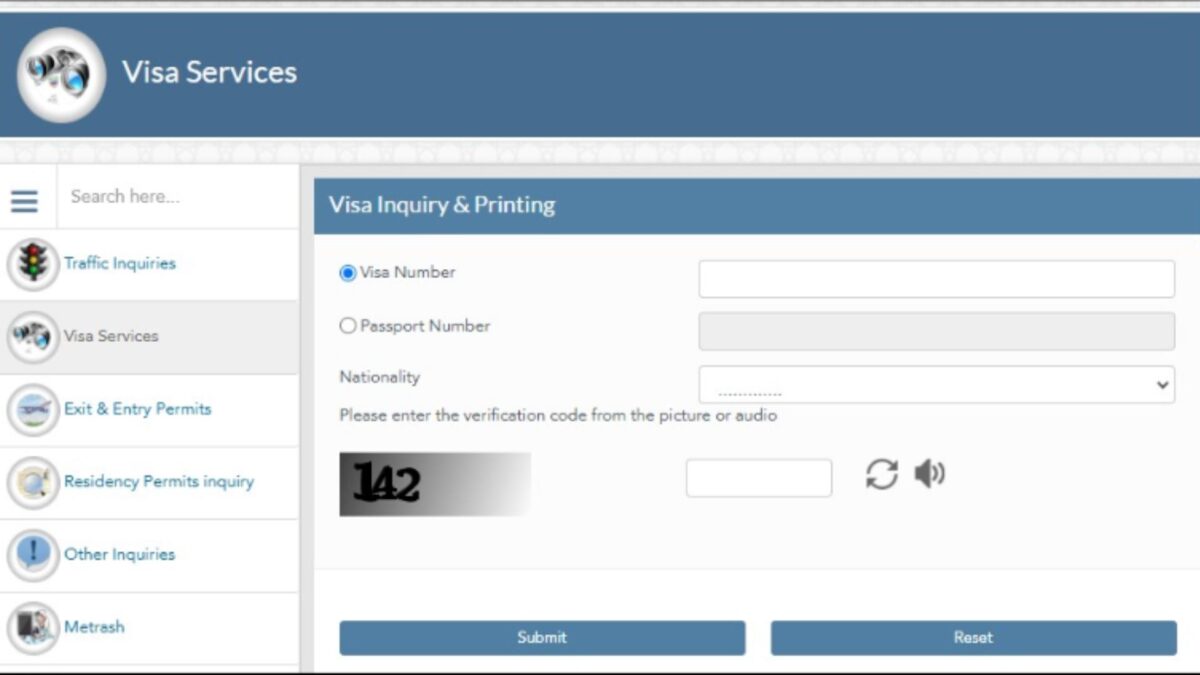Qatar is a dynamic and fast-evolving country with a significant expatriate population. A Qatar ID (QID) is an essential document for all residents, serving as proof of legal residence and a requirement for accessing various services. Qatar ID renewal is a straightforward but critical process to maintain your residency status. This guide outlines everything you need to know about Qatar ID renewal, from preparation to completion.
Understanding Qatar ID Renewal
The QID is issued to all residents of Qatar, including expatriates, after obtaining a residence permit. It is valid for a fixed period, usually one year, and must be renewed before its expiry to avoid penalties and complications with legal status or access to services.
Why Renewing Your Qatar ID is Crucial
- Legal Compliance: The QID serves as proof of your legal residency. An expired QID can lead to fines or deportation.
- Access to Services: Most services in Qatar, including healthcare, banking, and government processes, require a valid QID.
- Employment Continuity: A valid QID is necessary to maintain your employment and sponsorship in Qatar.
Steps for Qatar ID Renewal
1. Verify Expiry Date
- Check your QID’s expiration date, located on the card itself.
- Plan to renew at least a month before expiry to account for processing time.
2. Gather Necessary Documents
The documents required for QID renewal include:
- A copy of your current Qatar ID.
- Passport copy (with residence permit details).
- A recent passport-sized photograph.
- Sponsorship letter from your employer or sponsor (if applicable).
Additional documents may be required based on your employment type or specific circumstances.
3. Choose Your Renewal Method
Qatar offers multiple avenues for QID renewal:
- Online Renewal: Through the Ministry of Interior (MOI) website or mobile app.
- In-Person Renewal: At the nearest MOI service center.
- Employer-Sponsored Renewal: For employees under corporate sponsorship.
Online Renewal Process

Renewing your Qatar ID online is convenient and time-saving. Here’s how to do it:
- Visit the MOI Website: Go to www.moi.gov.qa or use the MOI mobile app.
- Login: Enter your credentials (smart card or MOI username and password).
- Select ‘Residency Services’: Navigate to the Qatar ID renewal section.
- Submit Required Details: Provide your QID number and upload the necessary documents.
- Pay the Fees: Use a valid credit/debit card to pay the renewal fee.
- Confirmation: Once payment is successful, a confirmation message will be sent.
Your renewed QID will either be delivered to your address (if opted for delivery) or can be collected from the MOI service center.
In-Person Renewal Process
- Locate the Nearest MOI Service Center: Choose a convenient location.
- Visit During Working Hours: Ensure you have all the required documents.
- Complete the Application: Fill out the renewal form provided by the center.
- Submit Documents: Hand over your application along with the required documents to the service officer.
- Pay the Fees: Pay the renewal charges at the center.
- Collect Your New QID: You may receive it on the same day or after a few days, depending on processing time.
Fees for Qatar ID Renewal
The cost of renewing your QID varies depending on your employment category and sponsorship. Typically:
- For individuals: Around QAR 100 per year.
- For corporate-sponsored employees: Fees are usually covered by the employer.
Ensure you verify the exact fee at the time of renewal.
Renewal Tips for Smooth Processing
- Early Preparation: Start the renewal process at least a month before your QID’s expiry date.
- Double-Check Documents: Missing or incorrect documents can delay the process.
- Verify Information: Ensure all details on the application form match your official records.
- Utilize Online Services: Opt for online renewal when possible for faster processing.
- Follow-Up: If there are delays, follow up with the MOI or your employer promptly.
Common Issues and Solutions
1. Missed Expiry Date
- Issue: If your QID expires, you may face fines or restrictions.
- Solution: Renew immediately and pay the applicable penalties.
2. Document Errors
- Issue: Incorrect or missing information in your application can cause rejection.
- Solution: Carefully review all documents before submission.
3. Technical Glitches
- Issue: Online systems may face downtime or errors.
- Solution: Switch to in-person renewal or contact MOI support for assistance.
Renewal for Special Cases
1. Dependents
- Sponsors must renew the QID for their dependents (spouse, children).
- Additional documents such as marriage certificates or birth certificates may be required.
2. Changing Employers
- If you switch jobs, your new employer is responsible for renewing your QID.
- Ensure your previous sponsorship has been canceled properly.
3. Loss of QID
- Report the loss to the MOI immediately and follow the process for a replacement before renewal.

What Happens After Renewal?
Once your QID is renewed, check the updated details on the new card for accuracy. Always carry your QID with you, as it is a mandatory identification document in Qatar.
Conclusion
Renewing your Qatar ID is a vital process that ensures uninterrupted residency and access to essential services in Qatar. By understanding the steps involved, preparing the necessary documents, and opting for the most convenient renewal method, you can complete the renewal smoothly and efficiently. Stay proactive, follow the guidelines, and keep your QID valid to enjoy your life in Qatar without any legal or logistical hurdles.




